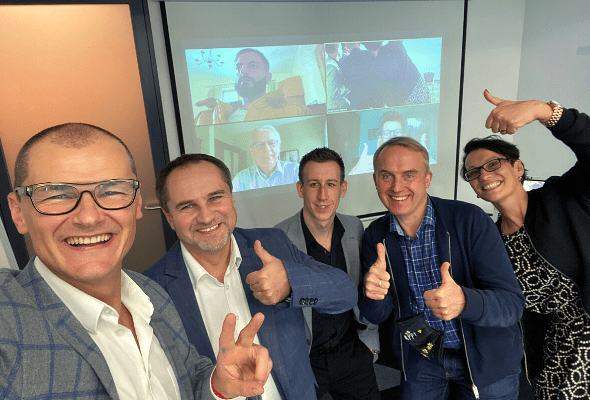
Coaching and mentoring are methods used in business to support personal development, which are based on relationships with partners, honesty and trust. The main difference between them is that the mentors are experts in a given field and have the opportunity to give advice, while the coach does not have to be an expert in a given field, and avoids advice. What are the other differences to look out for?
According to Petter Mathisen, the essence of mentoring is the development of the process itself, while coaching tries to find the most effective way of achieving goals. Other key differences between coaching and mentoring are:
- Duration: Mentoring is usually a longer process than coaching; which is short and intensive
- Level of knowledge: the mentor is usually also an expert, „master” in a given field, who often gives advice
- Way of work: mentoring deals with the causes and circumstances of a given situation, while coaching is usually oriented on the possibility of acting upon and achieving faster results
- Development philosophy: mentoring is aimed at developing the competences and skills of the mentored person, while coaching usually uses the competencies which the client already has
Literatue:
Petter Mathisen, Mentor: om mentoring i teori og praksis, Fagbokforlaget, 2008
David Clutterbuck, Learning Alliances: Tapping into Talent, Chartered Institute of Personnel and Development, 1998
Charles Benabou, Raphaël Benabou, Establishing a formal mentoring program for organizational success, „National Productivity Review”, 2, 1999, s. 7–14, DOI: 10.1002/npr.4040180203
Chungliang A. Huang, Mentoring: The Tao of Giving and Receiving Wisdom, HarperOne, 1995

